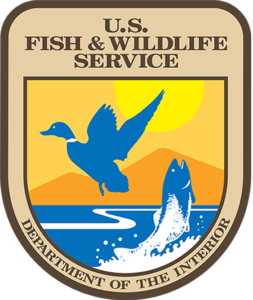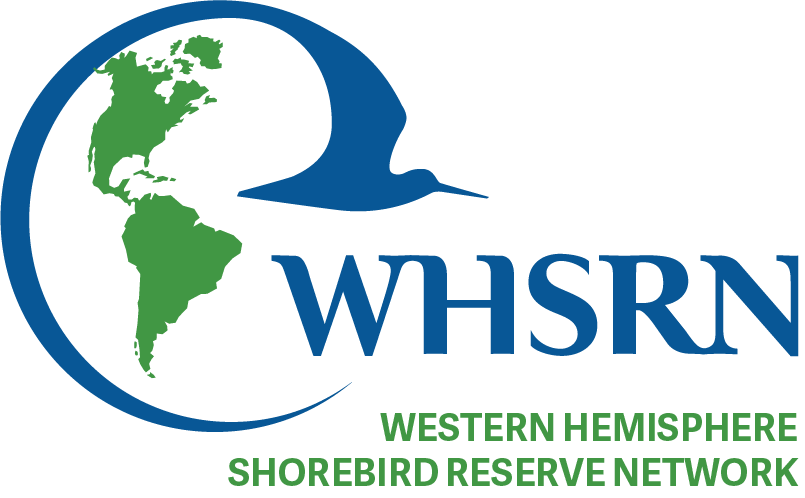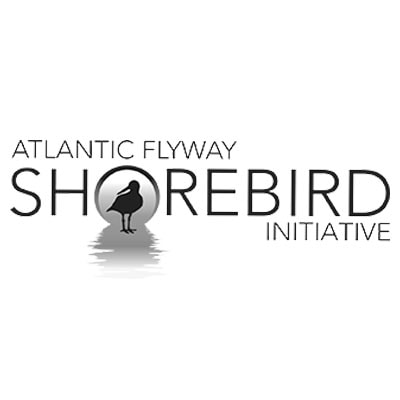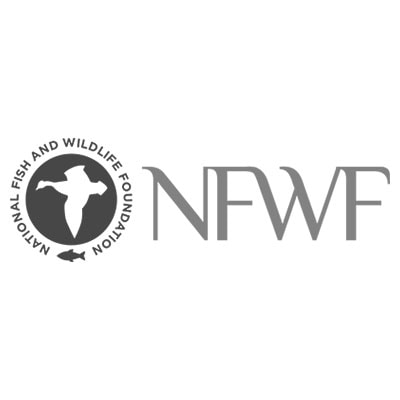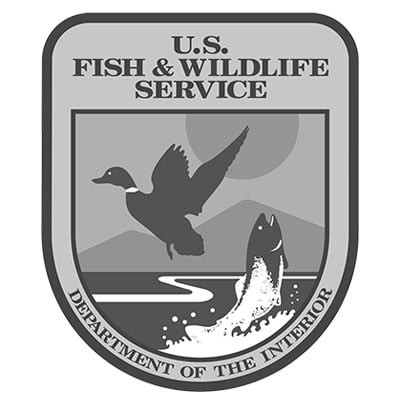How to have a bird-friendly visit to the beach
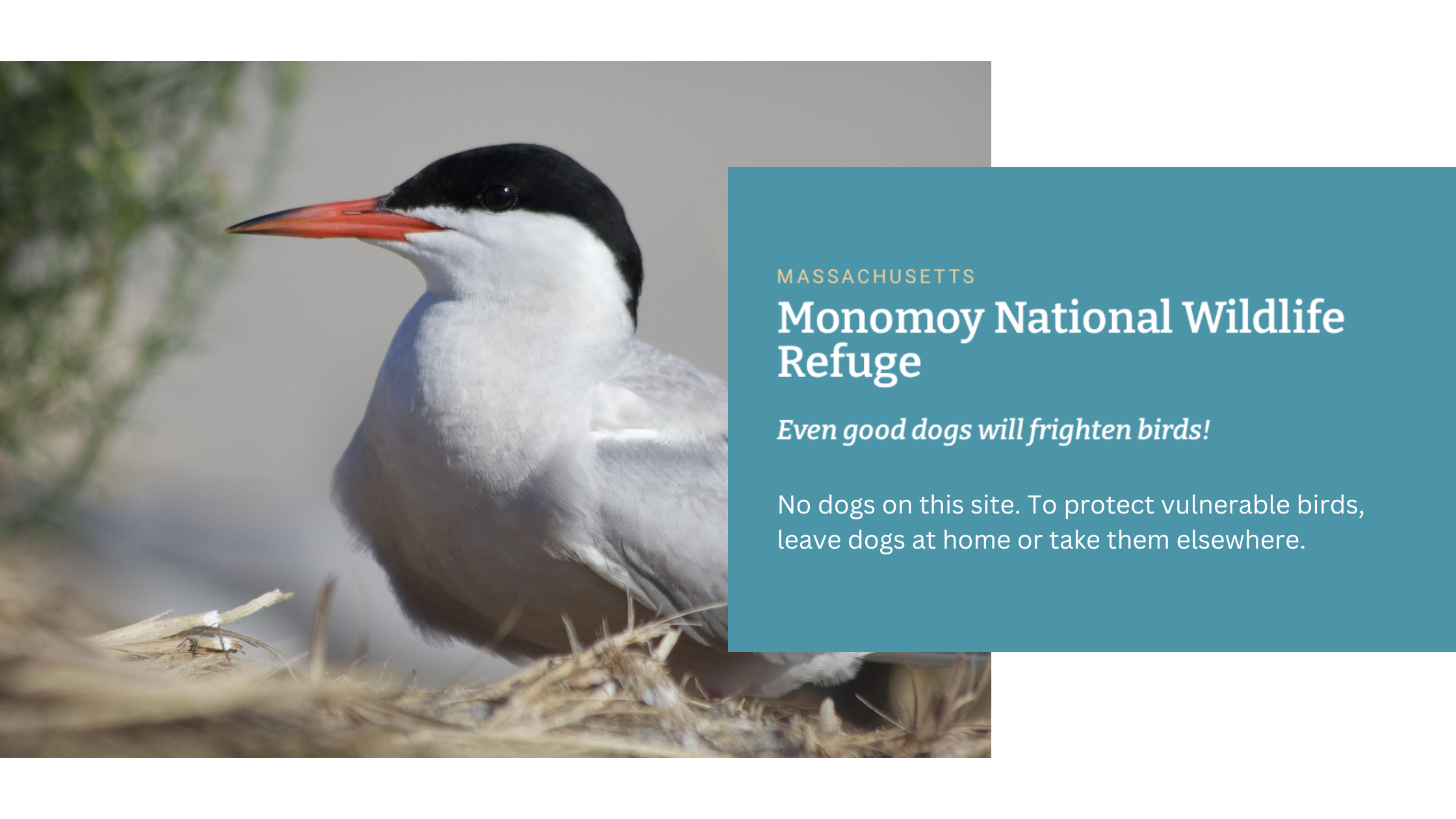
No Dogs on This Site
Dogs resemble wild canines, shorebirds’ natural predators. The sight of both leashed or off-leash dogs scares birds off nests, disrupts breeding displays, and interrupts foraging and resting of shorebirds, sea ducks, and other protected species.
When birds step off nests, even for a short time, they leave eggs vulnerable to predators, heat, and sand. Summer conditions loved by beachgoers and their dogs are dangerous for exposed eggs. To protect vulnerable birds, leave dogs at home or take them elsewhere.
An Important Place for Birds
Every season of the year, our beaches provide wildlife with shelter and food.
In the summer, federally protected birds like the piping plover, American oystercatcher, and roseate tern are Cape Cod residents that raise their young during the busiest time of year. In the fall, other protected species like red knots and whimbrels migrate thousands of miles – and rely on our shores to take breaks along the way! In wintertime, waterfowl like common eiders rest and breed on our beaches and waters. All our fall residents listed above must cross through our grounds again during spring migration.
In addition to serving as a Western Hemisphere Shorebird Reserve Network (WHSRN) site, our refuge also supports the largest nesting colony of common terns on the Atlantic seaboard, exceeding 13,000 pairs. All activities within our boundaries are first and foremost for the protection and appreciation of the wildlife we support, and remembering to visit without your pets is a key step towards preventing further decline.
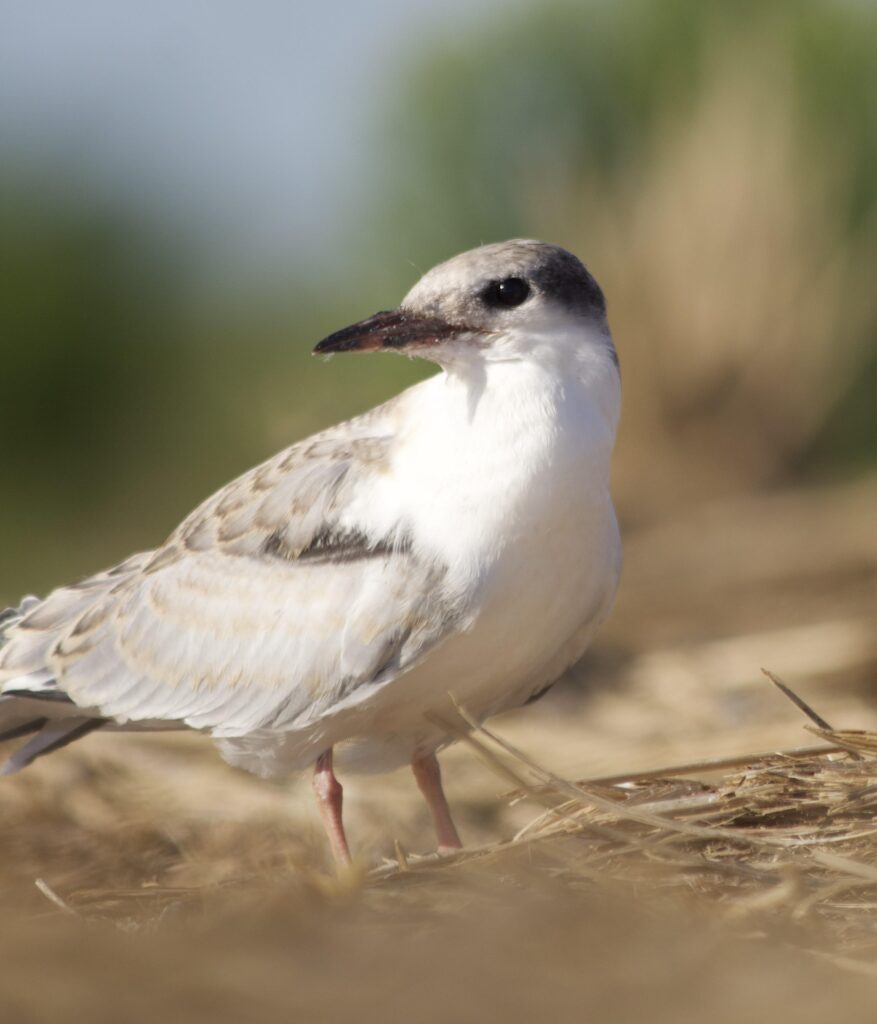
Fledgling common tern by Savannah Gibbs
Activities that seem harmless, like dogs chasing birds, can actually cause a lot of distress to shorebirds. Next time you are at the beach, watch out for these signs that a bird is disturbed:
Did the bird fly away when you approached it?
Did the bird stop feeding and start walking away or look at you on alert?
Did the bird call out or act like it was injured to draw you away from its young?
If you noticed any of these bird behaviors, then you are probably too close. Try rounding your path to walk farther around the flock or the individual bird.
Home Sweet Home
The beach is a place for birds and people
Shorebirds face many threats including loss of habitat, hunting, predation, climate change, and human disturbance that keeps them from the food they need to survive.
Contact Information
Links
